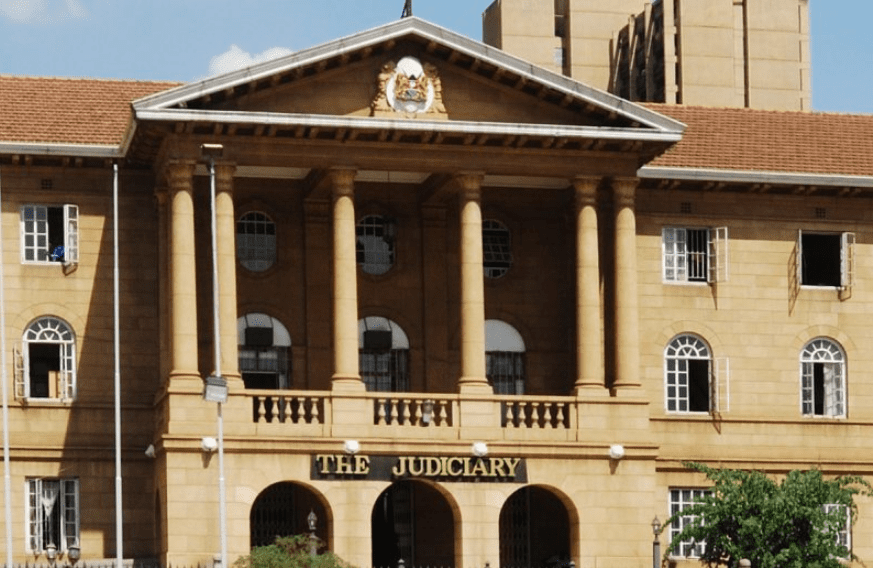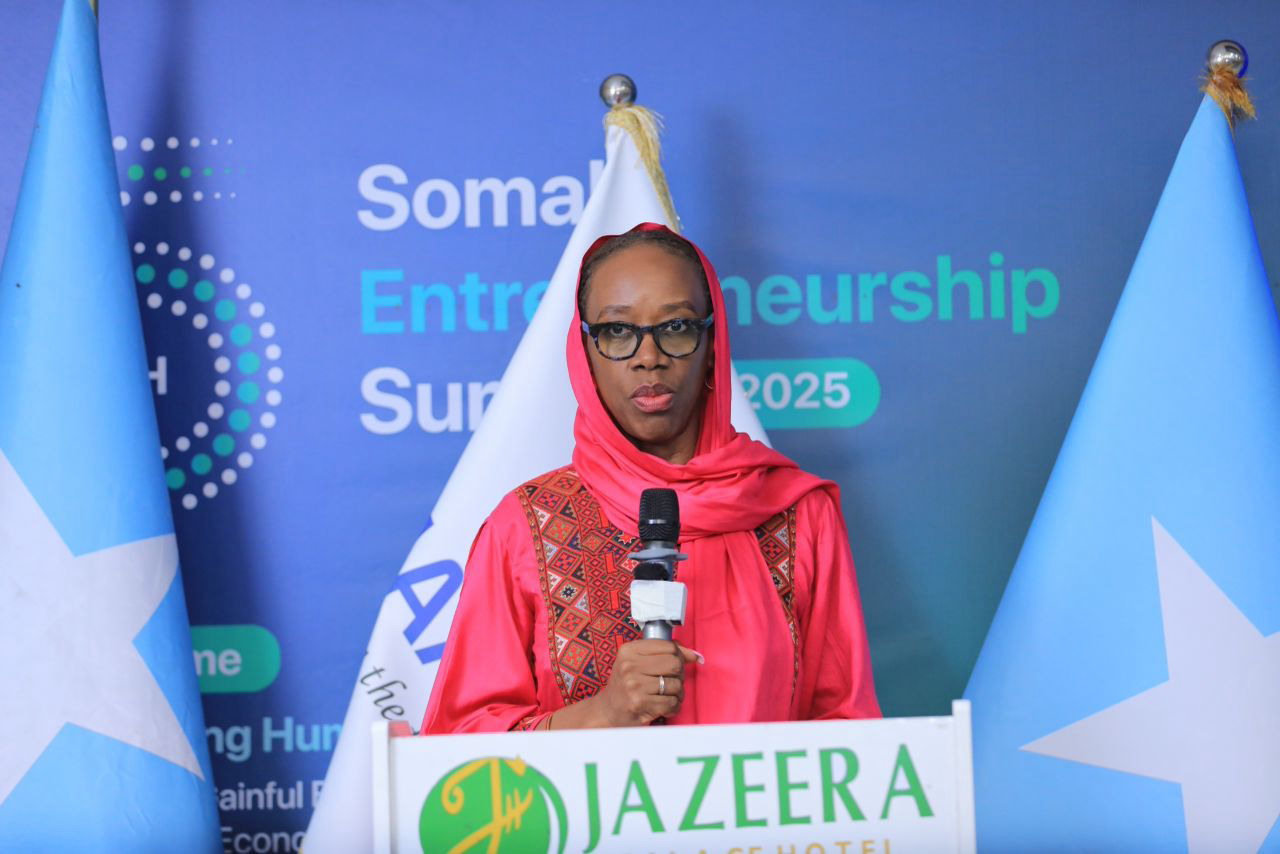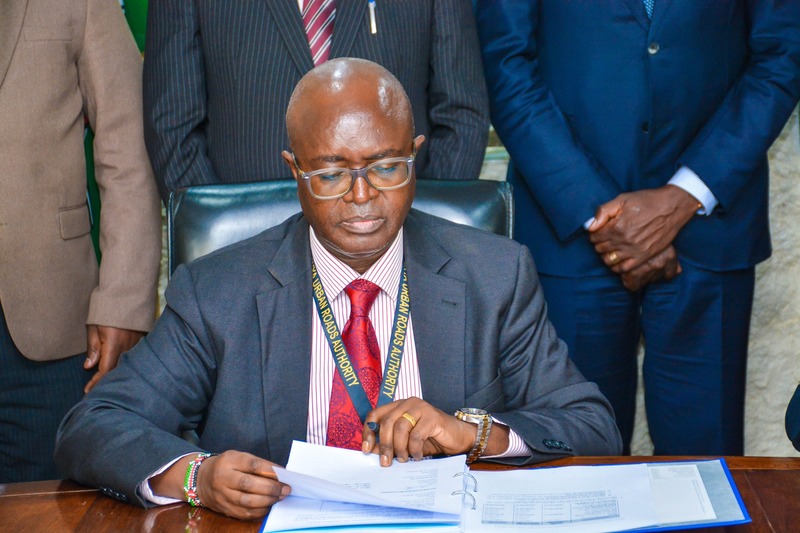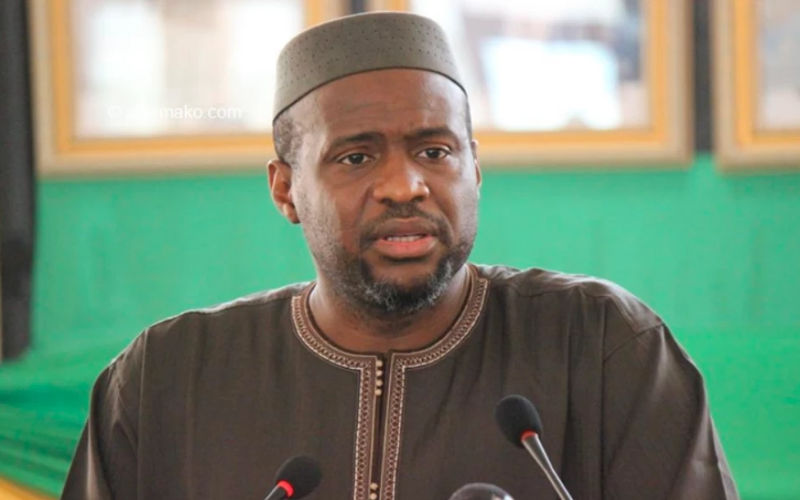Judiciary gets Sh2 billion increase in 2025/26 budget

This represents a Sh2 billion increase compared to the previous year and continues an upward trend in funding for the Judiciary. In the 2023/24 financial year, the Judiciary received Sh23 billion.
The Judiciary has received a budget allocation of Sh26.7 billion for the 2025/26 financial year, up from Sh24.7 billion allocated in 2024/25.
This represents a Sh2 billion increase compared to the previous year and continues an upward trend in funding for the Judiciary. In the 2023/24 financial year, the Judiciary received Sh23 billion.
More To Read
- IEBC defends decision to replace Mbadi with Kipchumba, cite 2022 ODM list
- CS Mbadi fires back at critics over school capitation shortfall, pins blame on Parliament
- CS John Mbadi pledges permanent placement for 20,000 intern teachers from January 2026
- Kipchumba replaces Mbadi in National Assembly as IEBC reallocates special seats
- DPP alone decides on charges, CJ Koome says in wake of terrorism cases
- Governors slam treasury over free education funding cuts
Last year, the Judiciary had appealed for increased budgetary allocations for the 2025/26 fiscal year and beyond, citing persistent constraints in service delivery due to underfunding.
According to Parliament's budget documents, the Judiciary had proposed a budget of Sh40.1 billion for FY 2025/26, with Sh31.6 billion allocated for recurrent expenditure and Sh8.5 billion for development.
Declining inflation
On Thursday, Treasury Cabinet Secretary John Mbadi, while presenting the 2025/26 budget in the National Assembly, reported that Kenya's inflation rate had fallen to a two-year low of 3.8 per cent in May 2025, down from a peak of 9.6 per cent in October 2022.
Delivering his first budget under President William Ruto’s administration, Mbadi attributed the improved economic indicators to prudent fiscal and monetary policies, which he said had strengthened Kenya’s macroeconomic fundamentals.
“In response to the decline in inflation, the Central Bank of Kenya has gradually eased monetary policy, lowering the bank rate from 13 per cent in August 2024 to 9.75 per cent in June 2025,” said Mbadi.
Mbadi also noted that the government has adopted zero-based budgeting and revised revenue projections to align more closely with actual trends. He said this shift was aimed at addressing public concerns over unrealistic national budgets.
Despite the increase, observers still view the Judiciary’s allocation as inadequate to meet its expanding mandate, and stakeholders in the criminal justice sector are likely to continue advocating for more funding.
However, viewed in historical context, the budget continues a consistent trend of increased allocations to the Judiciary. For instance, in FY 2020/21, the Judiciary received Sh17.13 billion, which rose by eight per cent to Sh18.6 billion in FY 2021/22, and further increased by 14 per cent to Sh21.13 billion in FY 2022/23.
The overall budget absorption rate stood at 94 per cent in both FY 2020/21 and FY 2021/22, rising to 95 per cent in FY 2022/23, reflecting strong utilisation of allocated funds.
Last year, Chief Justice Martha Koome lamented that the budgetary allocation was insufficient and hindered her efforts to decentralise justice services and improve access to justice at the grassroots level.
Top Stories Today












































